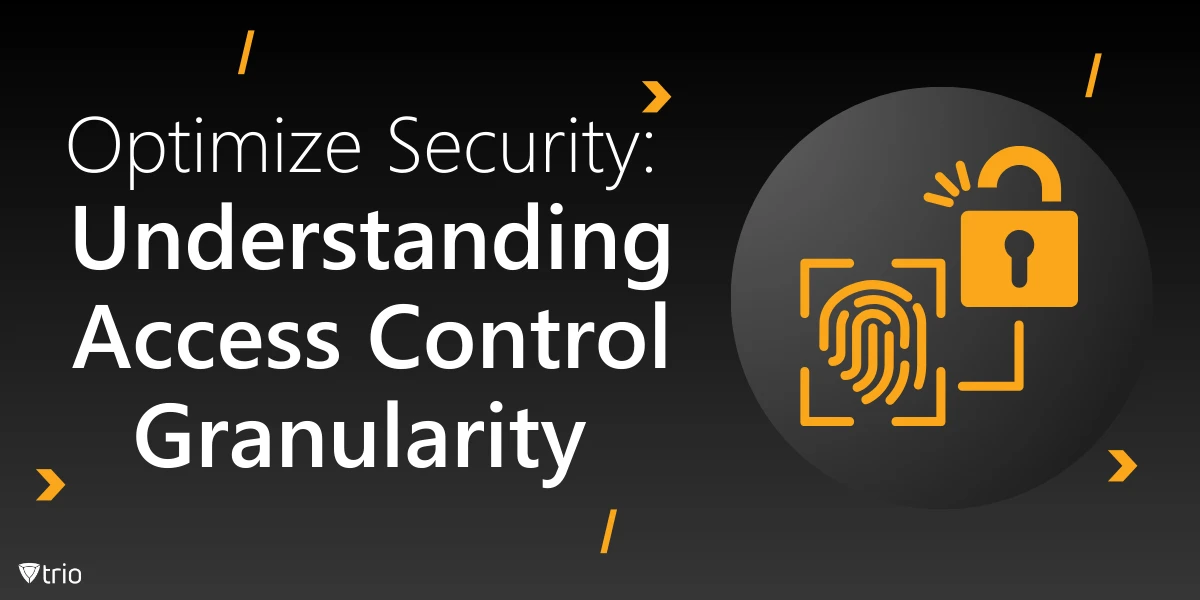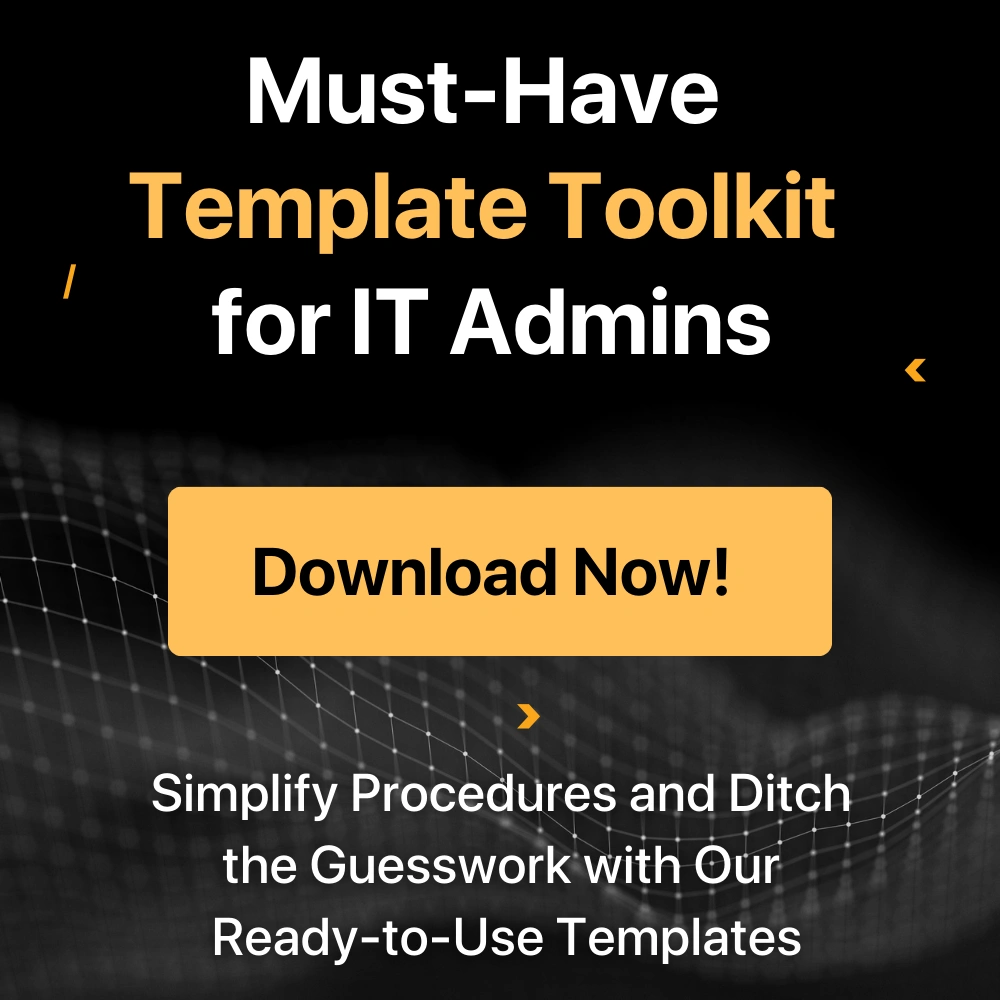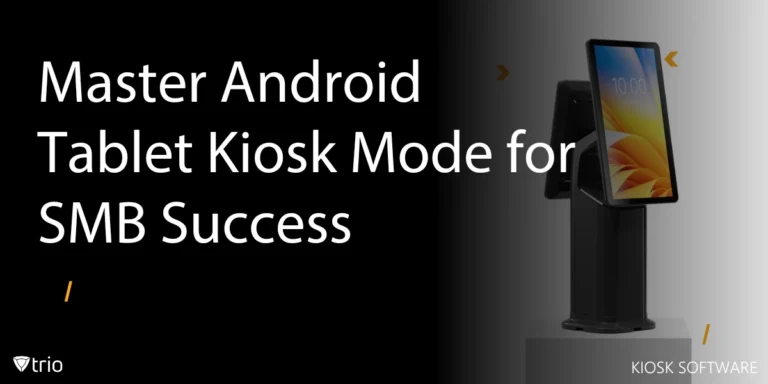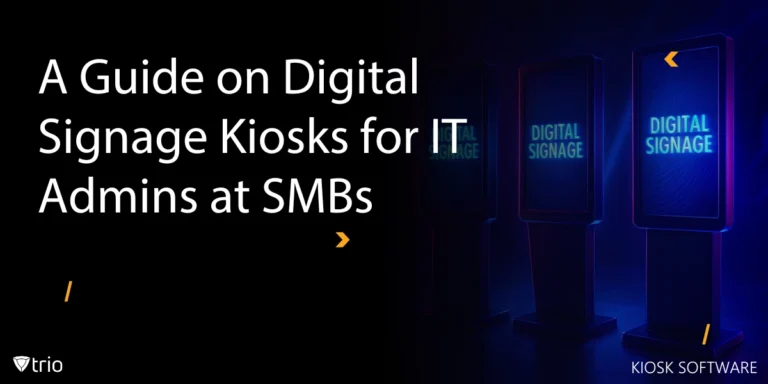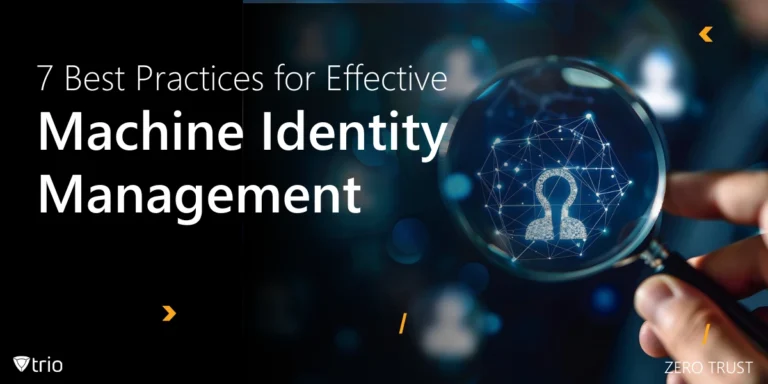In the complex world of data security, the term "access control granularity" often emerges as a critical factor in protecting sensitive information. But what does "granular access" really mean? At its core, it refers to the level of specificity with which you can manage who has access to what. Rather than offering broad and often risky access permissions, granular access narrows down permissions, ensuring only authorized individuals or specific user roles gain access to certain resources.
Understanding access control granularity is crucial for large organizations that need to balance security with efficient operational workflows. Whether dealing with internal databases or external customer information, companies need to set permissions that align with job functions while minimizing the risk of unauthorized access.
Granularity in Role-Based Access Control Systems
Role-based access control (RBAC) is a popular approach in many businesses today. Instead of assigning permissions on an individual user basis, RBAC assigns permissions based on defined roles. For instance, a healthcare organization might have roles like "doctor," "nurse," and "receptionist," each with a different level of access to sensitive information. In this context, access control granularity allows the organization to fine-tune how each role interacts with the data, limiting access where necessary.
Granularity in role-based access control systems becomes even more essential as companies scale. More employees mean more job functions and a greater need to restrict access to sensitive data. Using granular permissions within RBAC ensures that data protection is maintained without disrupting the organization's workflow. By carefully managing access, organizations can prevent breaches and uphold compliance standards.

Granular Permissions: More Than Just Security
When talking about granular permissions, security is usually the main concern. However, the benefits go beyond data protection. Granularity can also streamline operations, ensuring that employees only access the information they need to perform their roles effectively. This eliminates distractions and reduces the risk of accidental data exposure.
Consider the following access control granularity example in a financial institution. An analyst might need access to certain financial reports but shouldn't view customer account details. Assigning specific permissions based on this need not only secures data but also boosts productivity. In large organizations where multiple departments handle various forms of sensitive information, granular permissions become a vital component of efficient data management.
Types of Access Control Models and Their Granularity
Different access control models have various levels of granularity. Here’s a breakdown of how some popular models handle access:
Role-Based Access Control (RBAC)
In role-based access control (RBAC), permissions are tied to roles rather than individual users. The level of access is defined by the job function, making it easier to manage permissions for large teams. However, the granularity depends on how well roles are structured. If roles are too broadly defined, security gaps may occur. Organizations can also integrate multi-factor authentication (MFA) to add an additional security layer, ensuring that users are properly authenticated before gaining access.
Attribute-Based Access Control (ABAC)
Attribute-based access control (ABAC) takes granularity a step further by using attributes such as location, device type, or time of access to assign permissions. This model is highly flexible and allows organizations to set up detailed access control policies. While ABAC provides a higher level of granularity compared to RBAC, it can also be more complex to manage. Tools that automate document lifecycle management can help streamline this process, ensuring that data access and permissions are efficiently monitored.
Access Control Lists (ACLs)
Access control lists (ACLs) are often used for specifying permissions for individual users or groups. ACLs offer a very high level of access control granularity by assigning permissions to specific resources. However, they require meticulous management, especially in large organizations, where an extensive list of permissions could become difficult to oversee.
Granular Access: Challenges and Best Practices
Implementing granular permissions isn't without its challenges. One of the primary obstacles is the administrative overhead involved in setting permissions at a detailed level. For instance, limiting access too rigidly can create bottlenecks, delaying workflows and frustrating employees. On the other hand, too loose permissions expose sensitive information to potential risks.
Best practices for managing access in granular systems include regularly auditing permissions, training staff on the importance of data security, and automating permissions where possible. Using software solutions to automate setting permissions based on predefined criteria can significantly reduce the administrative burden and minimize errors. Integrating active directory certificate services can also enhance security by ensuring that users' identities are verified through digital certificates.
Moreover, organizations should continuously review their access control models to ensure they meet evolving security needs. As businesses grow, so does the complexity of managing access to sensitive data, requiring ongoing adjustments to permission structures. Leveraging SCIM Provisioning can simplify user provisioning and deprovisioning, reducing errors and ensuring that permissions are always up-to-date.
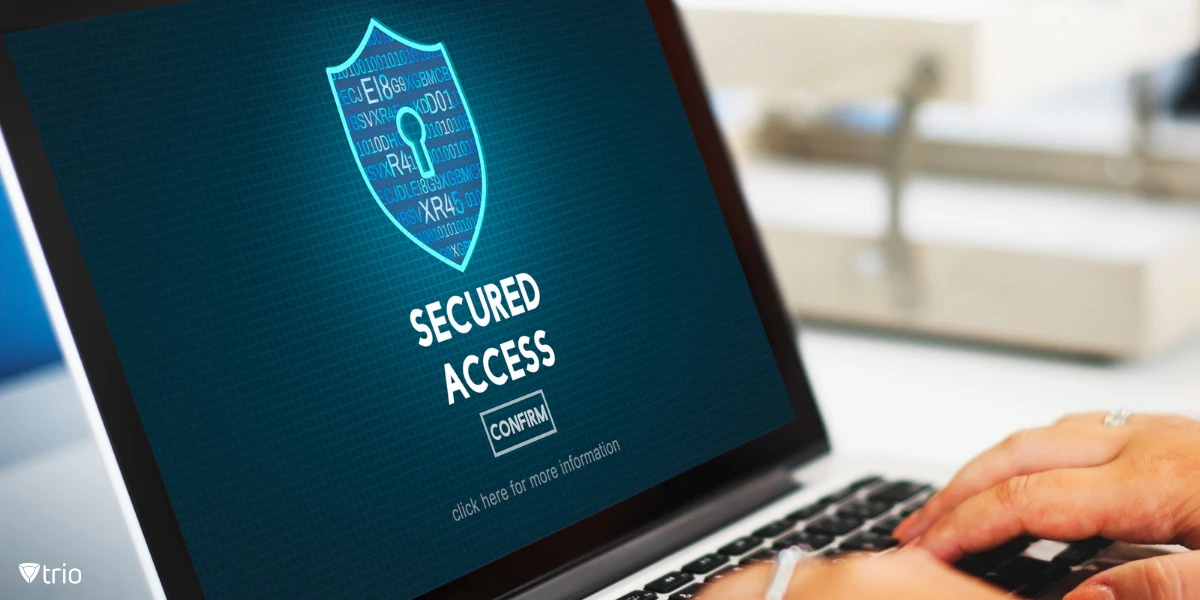
Enhancing Profile Management with Security Features
Effective profile management goes hand-in-hand with access control granularity. This involves not only setting permissions but also managing user identities, authentication methods, and security protocols. Incorporating just-in-time access can further minimize risks by granting permissions only when needed, which is particularly useful in scenarios involving highly sensitive information.
For example, in environments where just-in-time access is necessary, organizations can ensure that permissions are temporary and automatically revoked after a set duration. This reduces the risk of long-term unauthorized access while maintaining operational efficiency. Companies should also invest in training their staff on password hygiene and best practices to further safeguard their data environments.
Access Control Granularity with Trio
Managing access becomes even more streamlined with Trio, an MDM solution tailored for your business needs. Trio grants access to resources efficiently while maintaining a high level of security. By offering granular permissions with effective profile management, Trio allows IT administrators to assign permissions that align perfectly with user roles and job functions.
For example, within Trio's intuitive dashboard, you can easily create and manage access control lists or implement role-based access control systems. This means sensitive information remains secure, and employees gain access only to what they need. Trio’s approach simplifies the complexities of managing access, making it a go-to solution for organizations looking to enhance data protection without compromising usability.
Trio also integrates seamlessly with existing IT infrastructure, making it easier to manage access to specific resources. Whether you’re dealing with a large, remote workforce or need to protect confidential data across multiple locations, Trio has you covered. Ready to see how Trio's access control granularity features can transform your organization's security posture? Schedule your free demo today.
Conclusion
Access control granularity is more than just a technical detail—it's a vital part of an organization’s security and operational efficiency. By implementing granular permissions, businesses can ensure that sensitive information is well-protected while enabling employees to perform their tasks effectively. As technology and security threats evolve, the importance of precise access control only grows. Solutions like Trio make managing these complexities easier, helping organizations enhance data protection, streamline profile management, and maintain a secure yet flexible IT environment.
Get Ahead of the Curve
Every organization today needs a solution to automate time-consuming tasks and strengthen security.
Without the right tools, manual processes drain resources and leave gaps in protection. Trio MDM is designed to solve this problem, automating key tasks, boosting security, and ensuring compliance with ease.
Don't let inefficiencies hold you back. Learn how Trio MDM can revolutionize your IT operations or request a free trial today!
